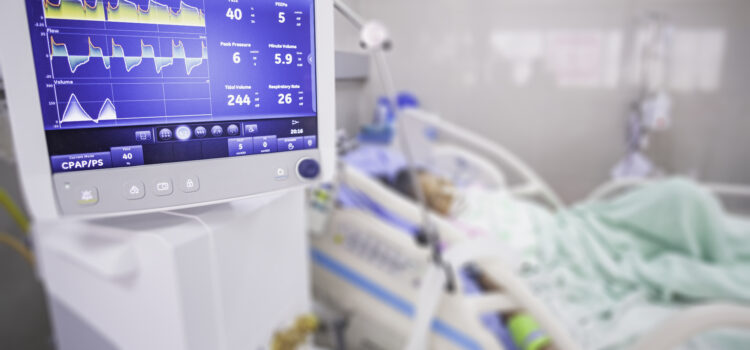
A few months ago, it was reported President Donald Trump contracted COVID-19. Naturally, being the president of the United States, he received the best medical attention and care.
Melania Trump, who also contracted the virus, was quoted in an article saying, “As the patient, and the person benefitting from so much medical support, I found myself even more grateful and in awe of caretakers and first responders everywhere.”
We would expect the President and the First Lady to receive top care; however, this should be the case for all people who contract the virus. Unfortunately, it is not.
Within Kern County, Hispanics make up the majority of COVID-19 cases. Of the cases that have been identified, 70 percent of them have been identified as Hispanic, according to the Kern County Public Health Dashboard. Hispanics also make up the majority of the COVID-19 deaths, with 60.9 percent or 226 deaths.
Yes, the majority of Kern County identifies as Hispanic, however, these numbers are still disproportionate. According to the U.S. Census Bureau, only 54.6 percent of Kern County is Hispanic.
My family and I are from McFarland, where 95.2 percent of the population identifies as Hispanic and 11.6 percent of the residents under the age of 65 lack health insurance, according to the Census Bureau. McFarland is also one of the cities in Kern County with the highest rates of residents who have contracted COVID-19. According to the Kern County Public Health Department, 6.5 percent of McFarland residents have contracted the virus.
Controlling Kern County’s cases and McFarland’s cases would be more easily achievable and effective if everyone was receiving the same quality medical attention. However, we know not everyone’s experience will be as smooth as the President’s experience.
Covid-19 survivor Ignacio Montenegro had a completely different experience than our president. As a person with no health insurance, he had to overcome this virus with home remedies like teas, soups, hot food, and Aspirin.
“It was difficult not having that medical care or attention,” he said. “The consultation on its own was one-hundred dollars and at first, the hospital would not receive me for testing because they claimed I wasn’t a high-risk patient. But it was most difficult having to overcome this virus with these remedies and hot foods while one of my symptoms was having little to no appetite.”
His symptoms consisted of feelings of dizziness, nausea, headaches, fevers, back pains, bone pain, and constant sweating.
The experience of contracting covid comes not only with physical symptoms, but it also affects your mental state.
“Another thing that takes a toll on you, while in isolation, is feelings of anxiety and loneliness,” Montenegro said. “I live alone, and I wasn’t able to see my family, go outdoors, or go to work. I had heard of people within my community who had even passed away from this virus, so at this point, I was expecting the worst. It was a frightening experience altogether.”
Being a productive person who works seven days a week as a ranch supervisor, he said it was difficult to adjust to.
Montenegro was sick and isolated for about ten days and while he did feel better on the fifth day, the fevers continued on for days after. He said he had low energy and slept for most of the day, as he had no appetite.
The president may dismiss COVID-19 as something that is not to be taken so seriously because it is easy to do so when you receive the best medical care possible.
However, as someone with no health care, Montenegro claims he was lucky enough to have overcome this because there are many people around the country, and within our community, who did not.
He advises people to take precautions and take this pandemic seriously, because it may be more serious than you would know. Don’t take precaution only after it has affected you because once it does, it is not only your health at risk but the health of everyone around you.
“As ironic as it may sound, before I contracted (the virus), I wasn’t taking it seriously at all,” Montenegro admitted. “I thought it was all a hoax. While I was wearing a mask, it was more so because it was mandatory and not because I felt it necessary.”
That is the problem, it is necessary.
Comparing the two perspectives, it is evident that medical attention is essential for fast recovery. The problem is that not everyone has this advantage, though everyone should. If we want to see change, especially in Kern County, we need to work together to help those in need of medical care and insurance, especially at this time.
Kern Public Health announced Tuesday that it is at risk of reverting back to the Purple Tier, or the most restrictive tier, as soon as next week. Kern County’s adjusted case rate currently exceeds the Red Tier metrics and actually falls within Purple Tier, or Tier 1. If Kern’s metrics exceed the Red Tier metrics for a second consecutive week, the County would be required to revert back.